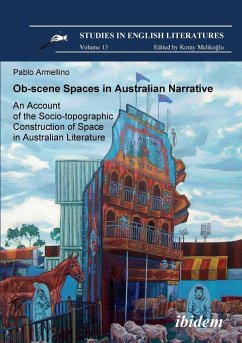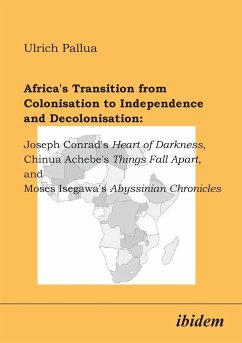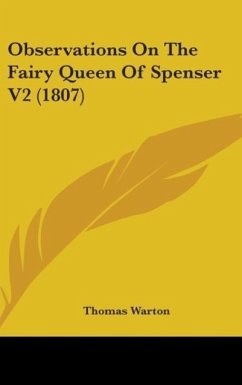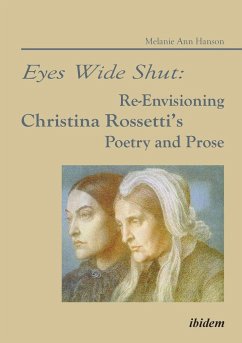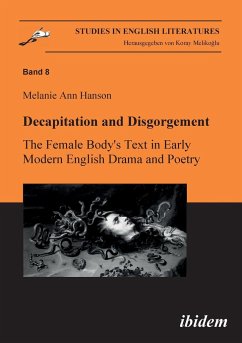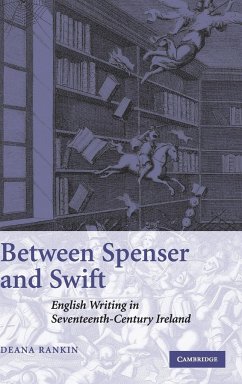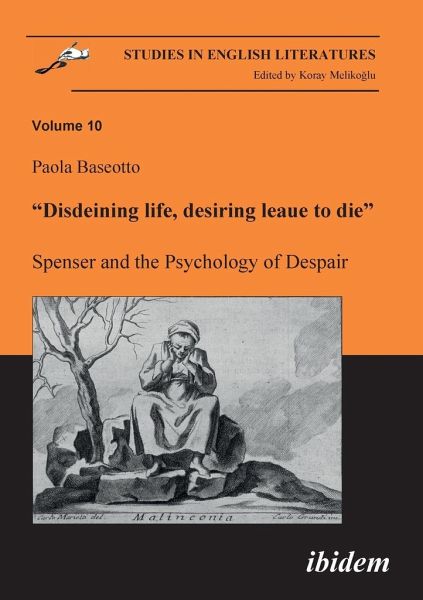
"Disdeining life, desiring leaue to die". Spenser and the Psychology of Despair.
Versandkostenfrei!
Versandfertig in 6-10 Tagen
24,90 €
inkl. MwSt.

PAYBACK Punkte
0 °P sammeln!
Paola Baseottos important study stresses deaths ubiquity as a concept in Spensers works, always present in intimate relation to life, whether in the recurring, disturbing, figures of deathwishers, characters who seem to belong as much to the dead as the living, or as a perspective, challenging both characters and readers, to reassess their own apprehension of death and the way in which it shapes our lives. Baseottos analyses of Spensers deathwishers and living dead focus our attention on some of the most compelling and distinctive images in Spensers work, illuminating our understanding of thei...
Paola Baseottos important study stresses deaths ubiquity as a concept in Spensers works, always present in intimate relation to life, whether in the recurring, disturbing, figures of deathwishers, characters who seem to belong as much to the dead as the living, or as a perspective, challenging both characters and readers, to reassess their own apprehension of death and the way in which it shapes our lives. Baseottos analyses of Spensers deathwishers and living dead focus our attention on some of the most compelling and distinctive images in Spensers work, illuminating our understanding of their power and significance through a combination of detailed attention to language and context, and a thoroughly informed understanding of contemporaneous religious ideas and attitudes. Through close and sensitive study of Spensers writing from The Shepheardes Calender, through The Faerie Queene, to such little discussed poems as The Ruines of Time and Daphnaida in Complaints, Baseotto establishes the centrality, the subtlety and the distinctiveness of Spensers figuring of death. Baseottos study offers us a new and illuminating understanding of an aspect of Spensers writing that is fundamental, but which has been strangely neglected in recent decades.





